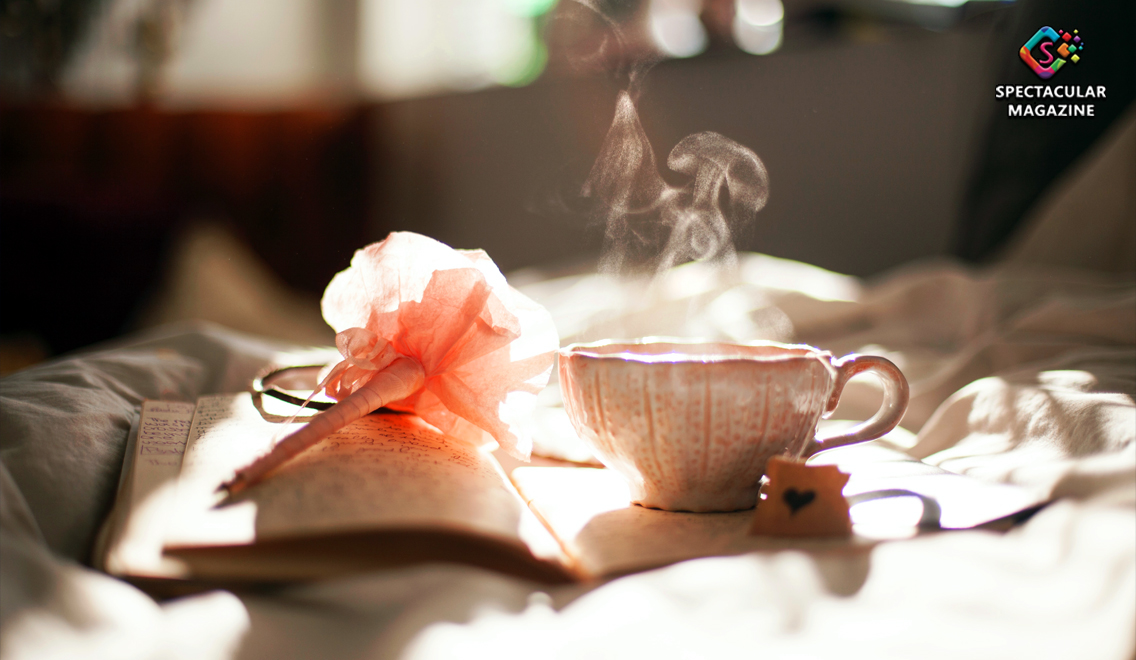The Three Best Herbal Teas For Improving Sleep
If you’re trying to combat insomnia and anxiety, consider using one or all of these herbal teas to do the trick. The great flavors and aromas are just a bonus.
Getting eight hours of sleep each night is crucial to making sure you have the right amount of energy to tackle the following day with success. If you find yourself struggling to get to sleep stay asleep during the night, know that you’re not alone. A common and widely beloved way of improving sleep habits is with a warm cup of herbal tea before bedtime. This list will introduce you to the three best herbal teas for improving sleep so you can begin getting those eight hours of rest that you deserve.
Valerian Root

Valerian root has been a renowned sleep aid since as far back as World War II. The strange thing is, despite its decade-old reputation for relieving anxiety and improving sleep quality, experts remain unclear on exactly why valerian root has these effects. As it currently stands, research suggests that the most likely reason for these effects is that valerian root increases the human brain’s gamma-aminobutyric acid (GABA) levels. When the human body has sufficient GABA levels, a good night’s sleep will be much easier to attain.
Passionflower

Passionflower tea is an earthy concoction that may help with problems like insomnia and anxiety, which aren’t the only similarities it shares with the tea directly above. Just like valerian root, passionflower may improve mood and sleep habits by increasing GABA levels in the human brain. Furthermore, thanks to their similar properties, drinking a tea that contains both passionflower and valerian root may help vastly improve your sleep habits and anxiety levels.
Chamomile

There are quite a few delicious, aromatic, and healthy stress relief teas on the market, but chamomile is certainly one of the best for ensuring a good night’s sleep. The reason that chamomile might help you sleep better at night is most likely due to an antioxidant by the name of apigenin. Antioxidants are very common and plentiful in herbal teas, but apigenin in particular may help with insomnia, as well as general anxiety if consistently consumed on a daily basis.
Further research is certainly needed to clarify the hard facts regarding how teas, including the three above, potentially provide health benefits such as improved sleep quality. However, if you’re having trouble sleeping at night, trying out one or all of the three best herbal teas for improving sleep is well worth a try. Worst case scenario—all you end up with is a delicious, fragrant, and antioxidant-packed drink before bedtime.

